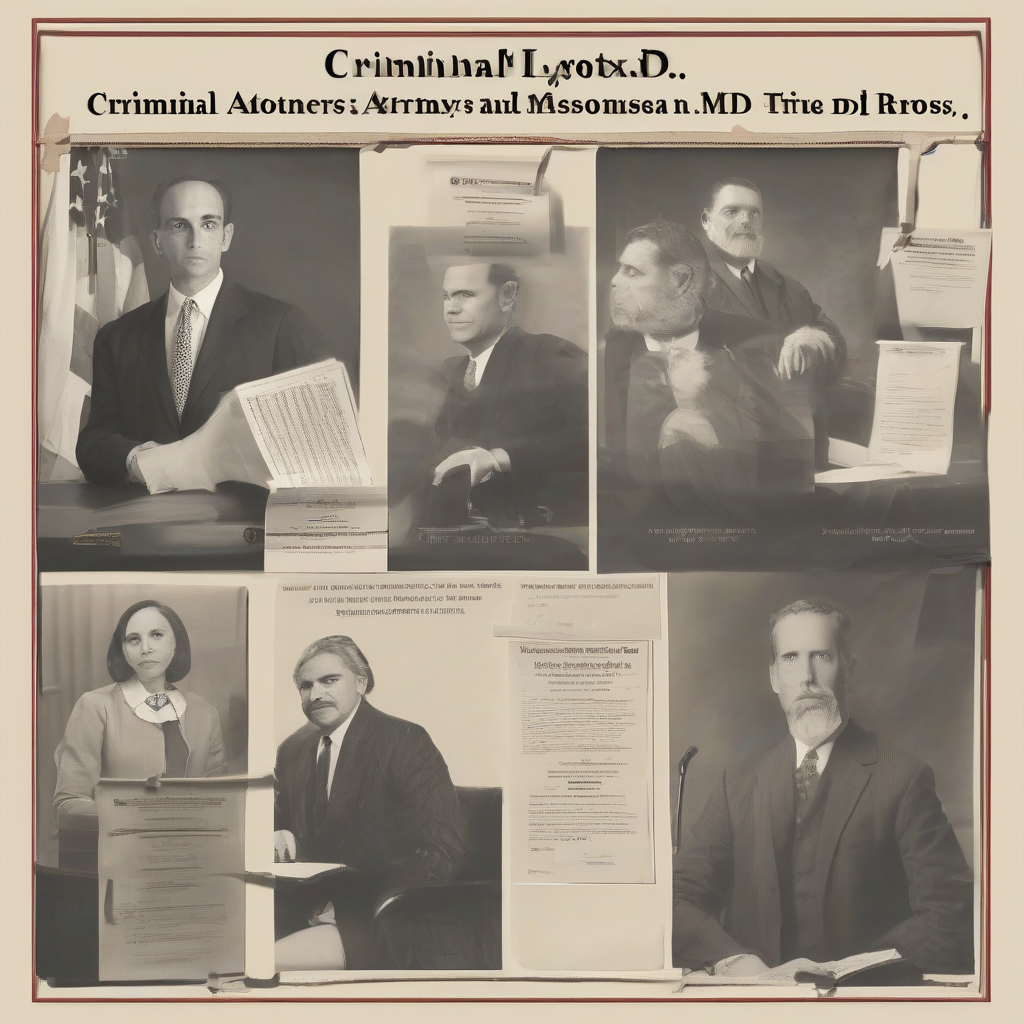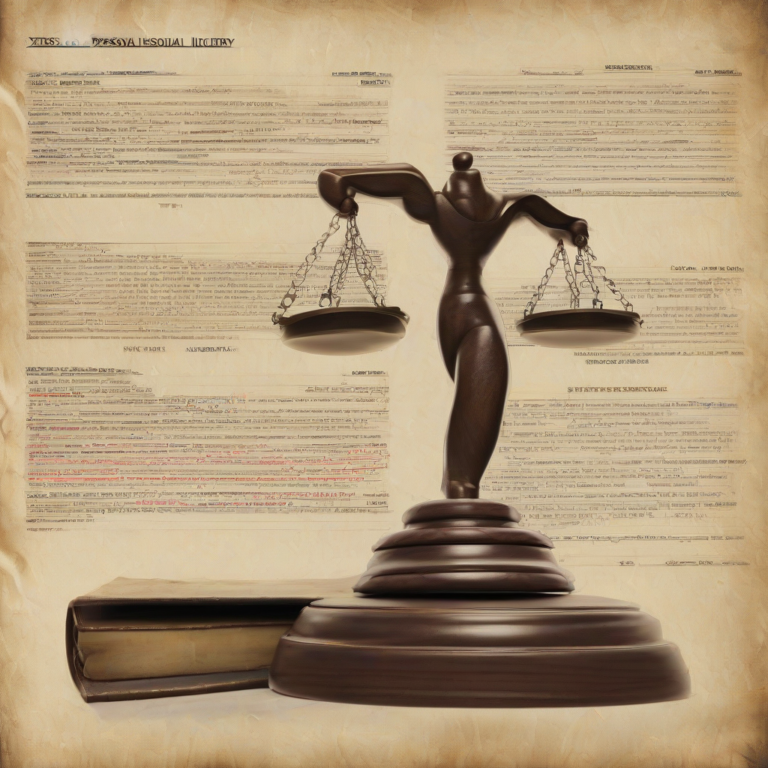
Navigating the Maryland Criminal Justice System: A Comprehensive Guide to Criminal Attorneys in MD
Facing criminal charges in Maryland can be a daunting experience. The complexities of the legal system, the potential penalties, and the emotional toll can feel overwhelming. This is where experienced criminal attorneys in MD play a crucial role. This comprehensive guide explores the landscape of criminal defense in Maryland, providing insights into finding the right attorney, understanding the legal process, and navigating the challenges ahead.
Understanding the Maryland Criminal Justice System
Maryland’s criminal justice system, like that of other states, is a multifaceted structure involving law enforcement, prosecutors, courts, and correctional facilities. Understanding its intricacies is vital for anyone facing criminal charges. The system operates on a principle of adversarial justice, where the prosecution and the defense present their arguments before a judge or jury. The burden of proof rests squarely on the prosecution to demonstrate guilt beyond a reasonable doubt.
- Law Enforcement: Maryland State Police, county sheriff’s offices, and municipal police departments are responsible for investigating crimes and making arrests.
- Prosecution: State’s attorneys represent the state in prosecuting criminal cases. Their goal is to secure convictions based on evidence and legal precedent.
- Courts: Maryland’s court system handles criminal cases, ranging from district courts for less serious offenses to circuit courts for felonies.
- Correctional Facilities: If convicted, individuals may serve their sentences in state prisons, county jails, or other correctional institutions.
Types of Criminal Charges in Maryland
Maryland law defines a wide range of criminal offenses, categorized by severity and potential penalties. These charges can broadly be classified into misdemeanors and felonies.
- Misdemeanors: Less serious offenses, typically punishable by fines, probation, or short jail sentences.
- Felonies: More serious crimes, carrying harsher penalties, including lengthy prison sentences and significant fines. Examples include murder, robbery, and drug trafficking.
Specific charges within these categories vary widely, depending on the circumstances of the crime. The penalties associated with each charge also depend on factors such as the defendant’s prior criminal record, the severity of the offense, and the presence of aggravating or mitigating circumstances.
The Importance of a Criminal Attorney in MD
Navigating the Maryland criminal justice system without legal representation can be extremely challenging and often detrimental to your case. A skilled criminal attorney in MD provides several critical advantages:
- Expert Legal Knowledge: Attorneys possess in-depth knowledge of Maryland criminal law, procedures, and case precedents.
- Investigation and Evidence Gathering: They can conduct thorough investigations, gather evidence, and challenge the prosecution’s case.
- Negotiation and Plea Bargaining: Experienced attorneys can negotiate with prosecutors to achieve the best possible outcome, potentially reducing charges or securing a more lenient sentence.
- Courtroom Representation: They advocate for their clients in court, presenting arguments, cross-examining witnesses, and ensuring a fair trial.
- Protecting Your Rights: Criminal attorneys protect their clients’ constitutional rights throughout the legal process, ensuring they are treated fairly and according to the law.
Finding the Right Criminal Attorney in MD
Choosing the right criminal attorney is a crucial decision that can significantly impact the outcome of your case. Consider these factors when selecting an attorney:
- Experience: Look for attorneys with a proven track record in handling similar cases in Maryland.
- Specialization: Some attorneys specialize in specific areas of criminal law, such as DUI, drug offenses, or white-collar crime. Choose an attorney with expertise in the type of charge you are facing.
- Reputation: Research the attorney’s reputation and read client testimonials or reviews.
- Communication: Ensure the attorney communicates effectively and keeps you informed throughout the legal process.
- Fees: Understand the attorney’s fees and payment structure upfront.
The Stages of a Criminal Case in Maryland
A criminal case in Maryland generally progresses through several distinct stages:
- Arrest and Initial Appearance: Following arrest, the defendant is brought before a judge for an initial appearance, where charges are read, bail is set, and the defendant is informed of their rights.
- Preliminary Hearing: A preliminary hearing may be held to determine if there is enough evidence to proceed with the case.
- Grand Jury Indictment (for Felonies): In felony cases, a grand jury reviews the evidence and decides whether to indict the defendant.
- Arraignment: The defendant formally enters a plea (guilty, not guilty, or no contest).
- Discovery: Both the prosecution and the defense exchange evidence and information.
- Plea Bargaining: Negotiations may occur between the defense attorney and the prosecutor to reach a plea agreement.
- Trial: If a plea agreement is not reached, the case goes to trial, where a judge or jury determines guilt or innocence.
- Sentencing: If convicted, the defendant is sentenced by the judge. The sentence may include imprisonment, fines, probation, or community service.
- Appeals: If the defendant is convicted, they may appeal the conviction or sentence to a higher court.
Common Criminal Charges and Defenses in Maryland
This section provides a brief overview of some common criminal charges in Maryland and potential defenses:
- Driving Under the Influence (DUI): Defenses may include challenging the accuracy of the blood alcohol content (BAC) test or arguing that the police lacked probable cause for the stop.
- Drug Offenses: Defenses may include challenging the legality of the search and seizure, arguing lack of intent, or questioning the chain of custody of the evidence.
- Assault and Battery: Defenses may include self-defense, defense of others, or arguing that the prosecution failed to prove the elements of the crime.
- Robbery: Defenses may include arguing mistaken identity, lack of intent, or claiming self-defense.
- Theft: Defenses may include arguing that the property was rightfully obtained, or that the prosecution failed to prove the value of the stolen property.
Resources for Finding Criminal Attorneys in MD
Several resources can assist in finding qualified criminal attorneys in Maryland:
- Maryland State Bar Association: The MSBA’s website provides a lawyer referral service.
- Online Legal Directories: Various online directories list attorneys specializing in criminal law in Maryland.
- Referrals: Seek referrals from friends, family, or other professionals.
- Local Bar Associations: Contact local bar associations in the county where you need legal representation.
Conclusion (omitted as per instructions)


